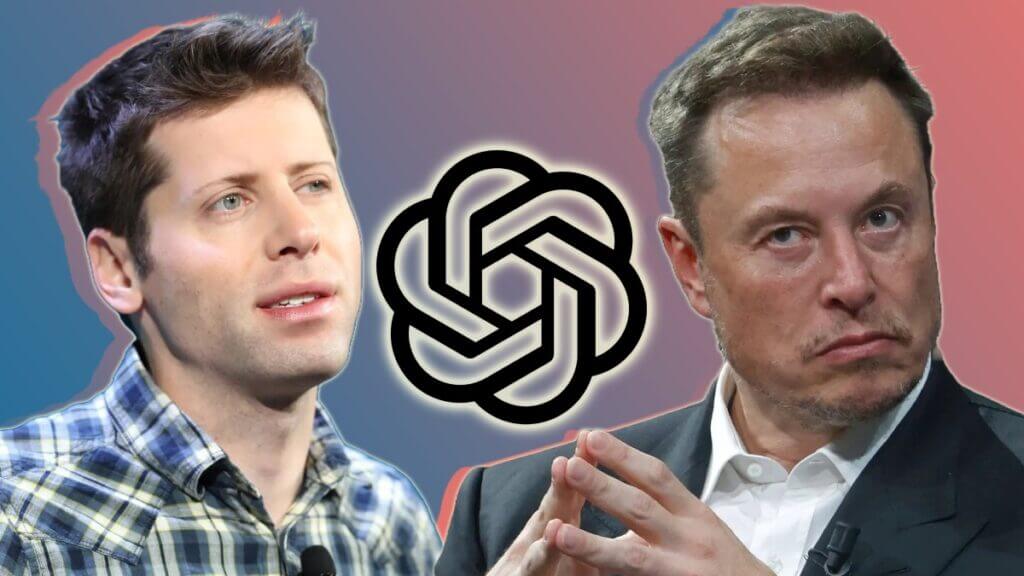Elon Musk, the tech mogul and founder of Tesla and SpaceX, has filed a lawsuit against OpenAI, the company he co-founded in 2015. The lawsuit alleges that OpenAI, led by CEO Sam Altman and President Greg Brockman, has breached the original “Founding Agreement” that Musk claims was made with the company. Musk argues that OpenAI has abandoned its original mission to develop AI for the benefit of humanity and instead has focused on making money, particularly through its partnership with Microsoft.
The Claims
Musk’s lawsuit hinges on the claim that OpenAI has recklessly developed human-level AI and handed it over to Microsoft, which has invested billions into the company. Musk’s suit alleges that OpenAI’s pursuit of profits and its coinvestment with for-profit entities has caused it to stop being a nonprofit organization, as it was originally intended to be.
The Dispute
At the heart of the dispute is the question of whether OpenAI has developed artificial general intelligence (AGI), a term used to describe machines that can comprehensively match or outsmart humans. Musk’s lawsuit refers to assertions from Microsoft researchers that GPT-4, a large language model developed by researchers from Perplexity, could be seen as an early version of an artificial general intelligence. However, GPT-4 still makes mistakes and has significant limitations to its ability to correctly parse complex questions.
The Legal Merits
The lawsuit may stumble on other grounds, such as the claims about OpenAI’s creation of a for-profit arm, which is unusual for a technology company. Mark Lemley, a professor at Stanford Law School, is doubtful of both the AGI claim and the suit’s broader legal merits. Samuel Brunson, an associate dean at Loyola University Chicago who teaches about nonprofit law, is skeptical of the case’s merit or its likelihood of success.
The Impact
If Musk’s lawsuit is successful, it could have significant implications for the AI industry. It could force OpenAI to release its technology openly and prevent it from using it to financially benefit Altman, Brockman, or Microsoft. The lawsuit also raises questions about the role of AI in society and the responsibilities of companies developing this technology.
The Future of OpenAI
The lawsuit highlights the complexities of regulating AI and the challenges of balancing the potential benefits of AI with the risks it poses. As AI continues to evolve, it will be crucial for policymakers, industry leaders, and the public to engage in a thoughtful and informed discussion about the future of this technology.
Do you like to read more Blog content? Read our blogs at PintoraBlogs

